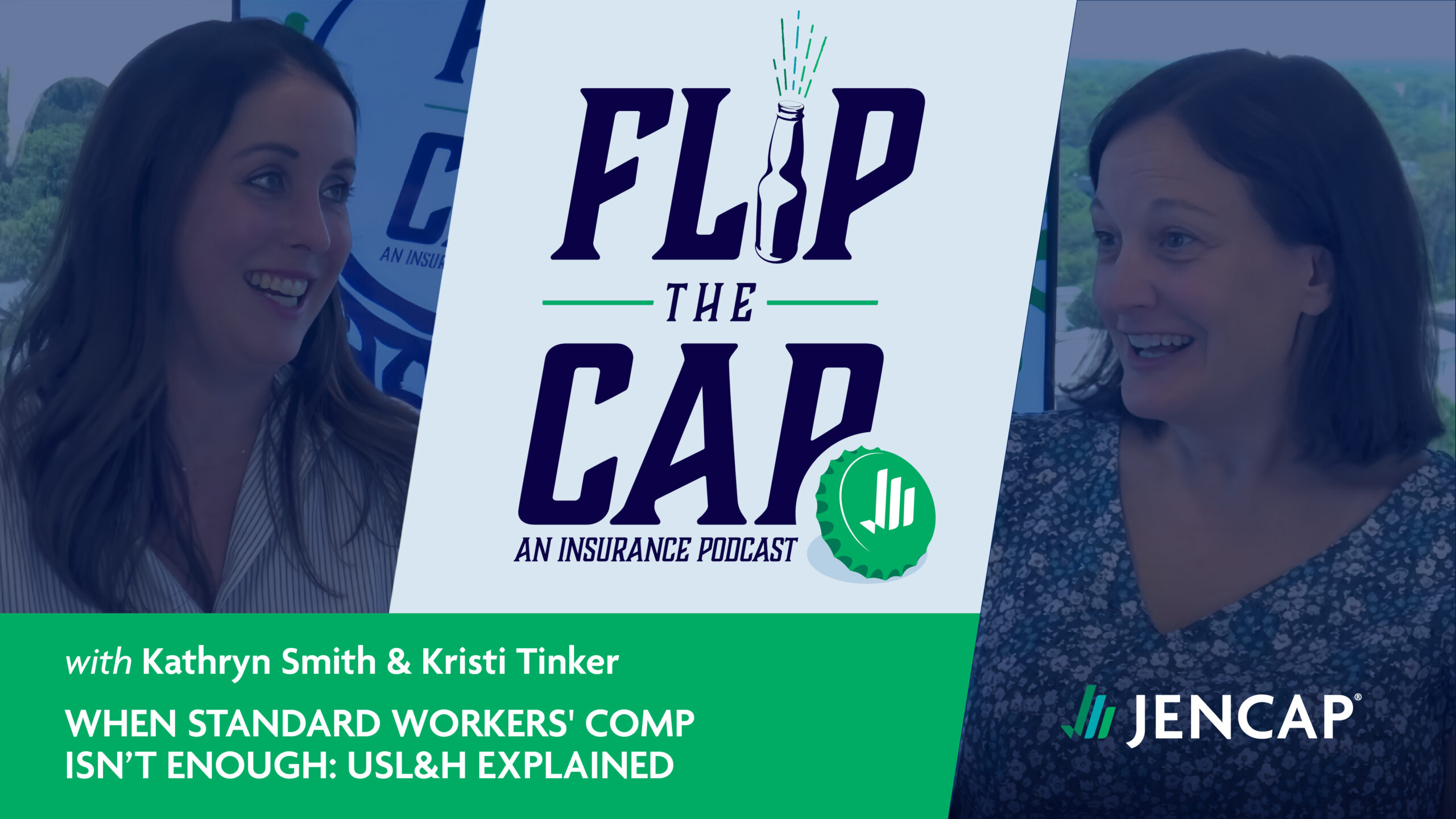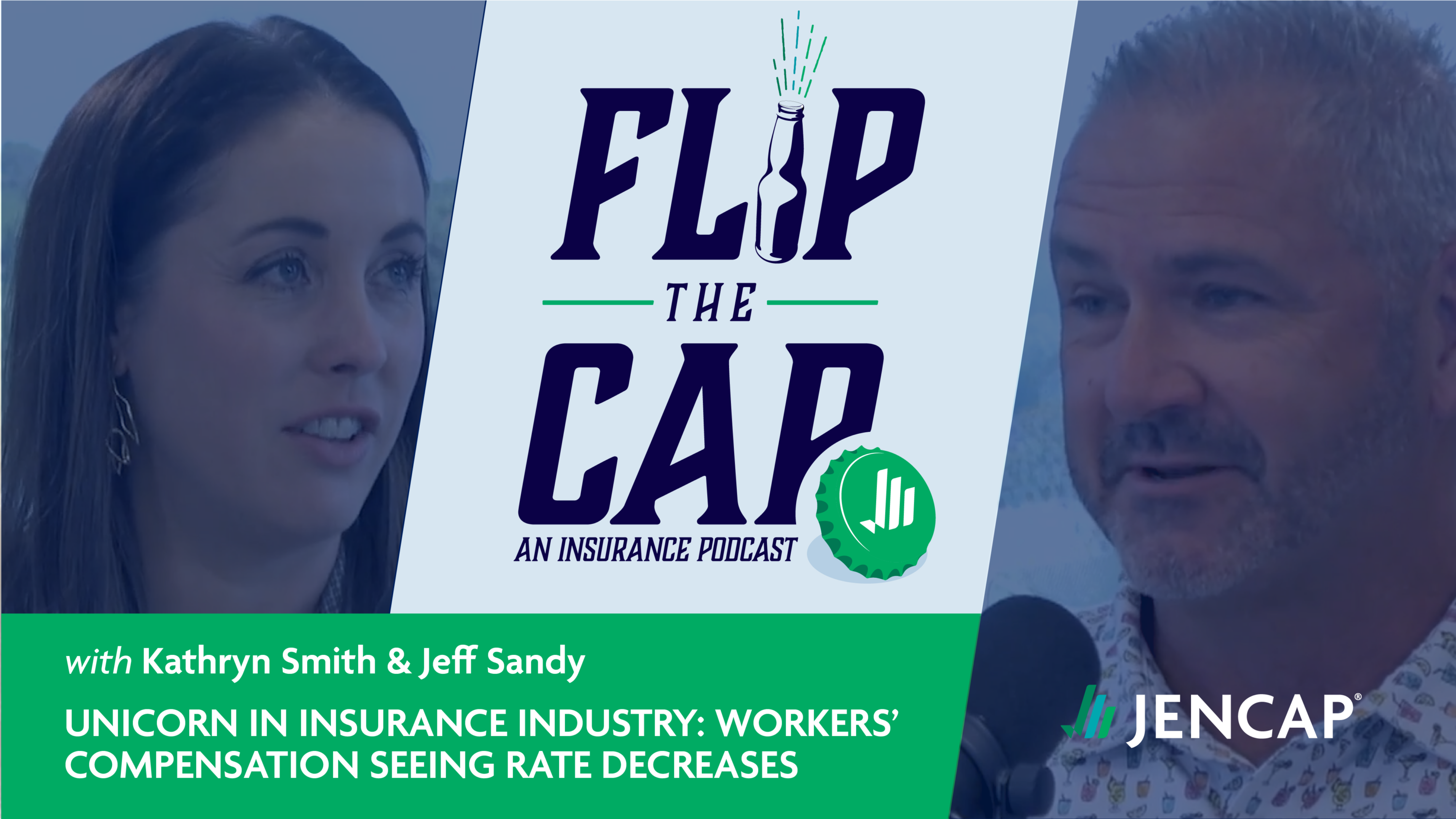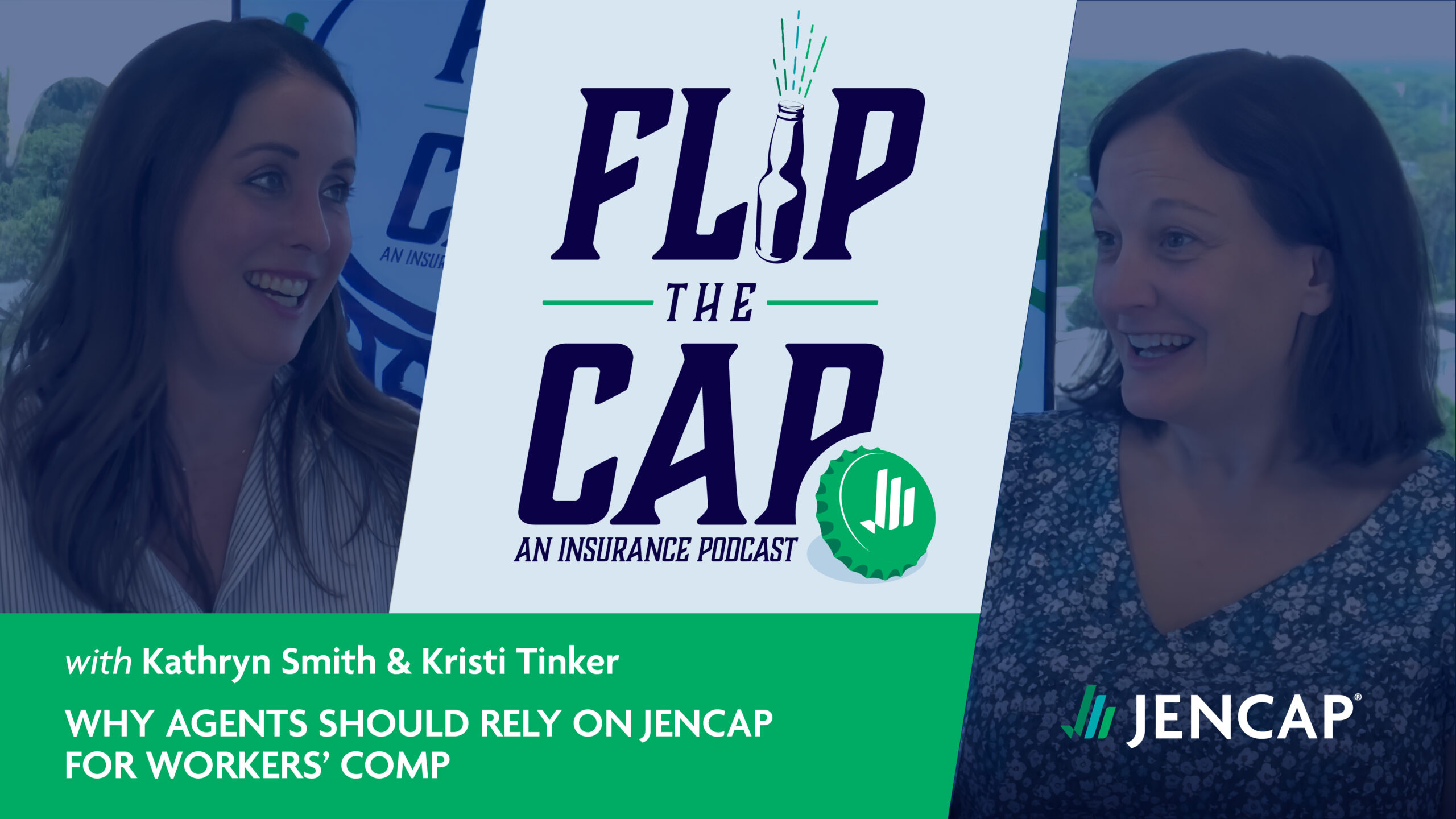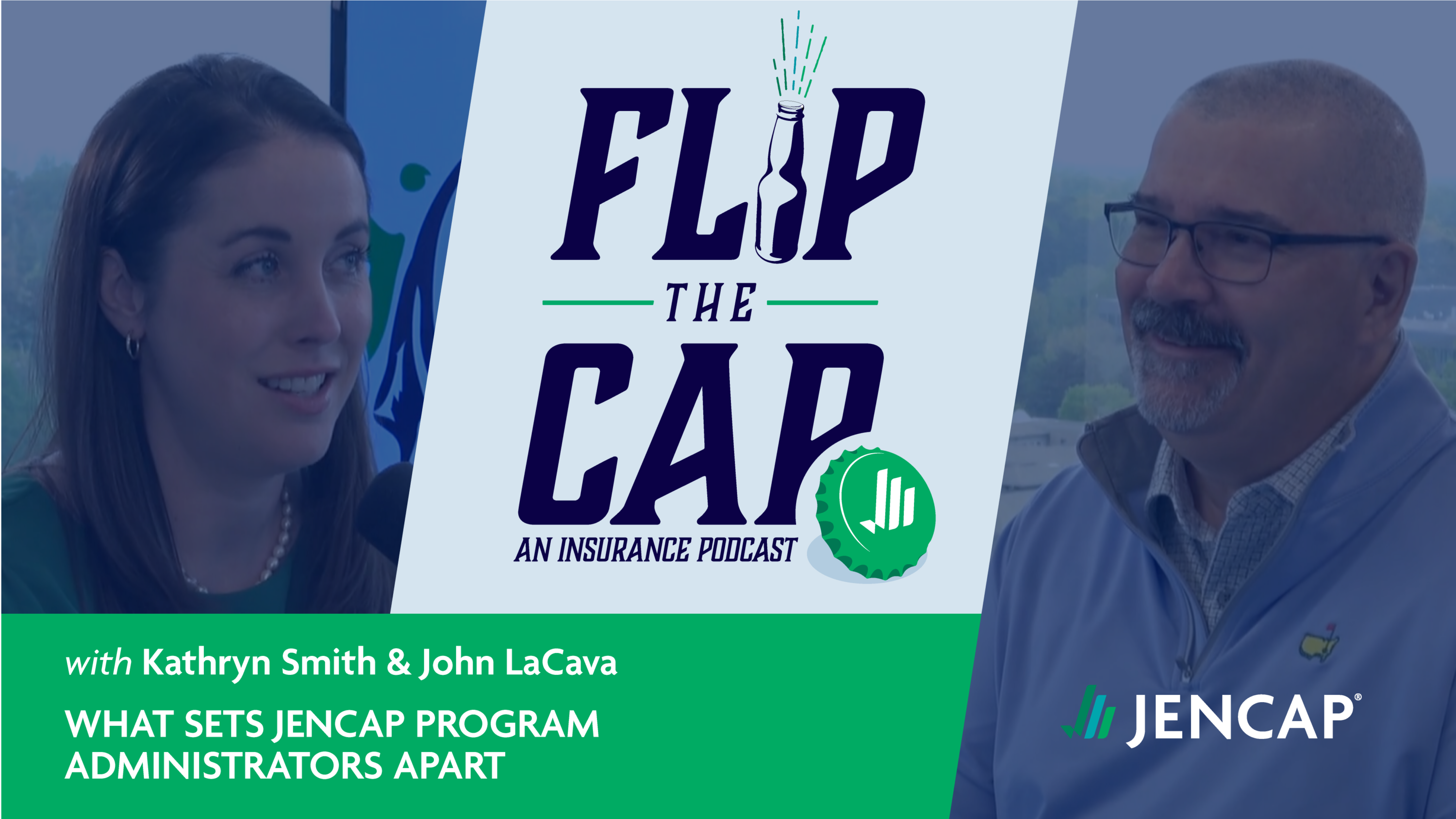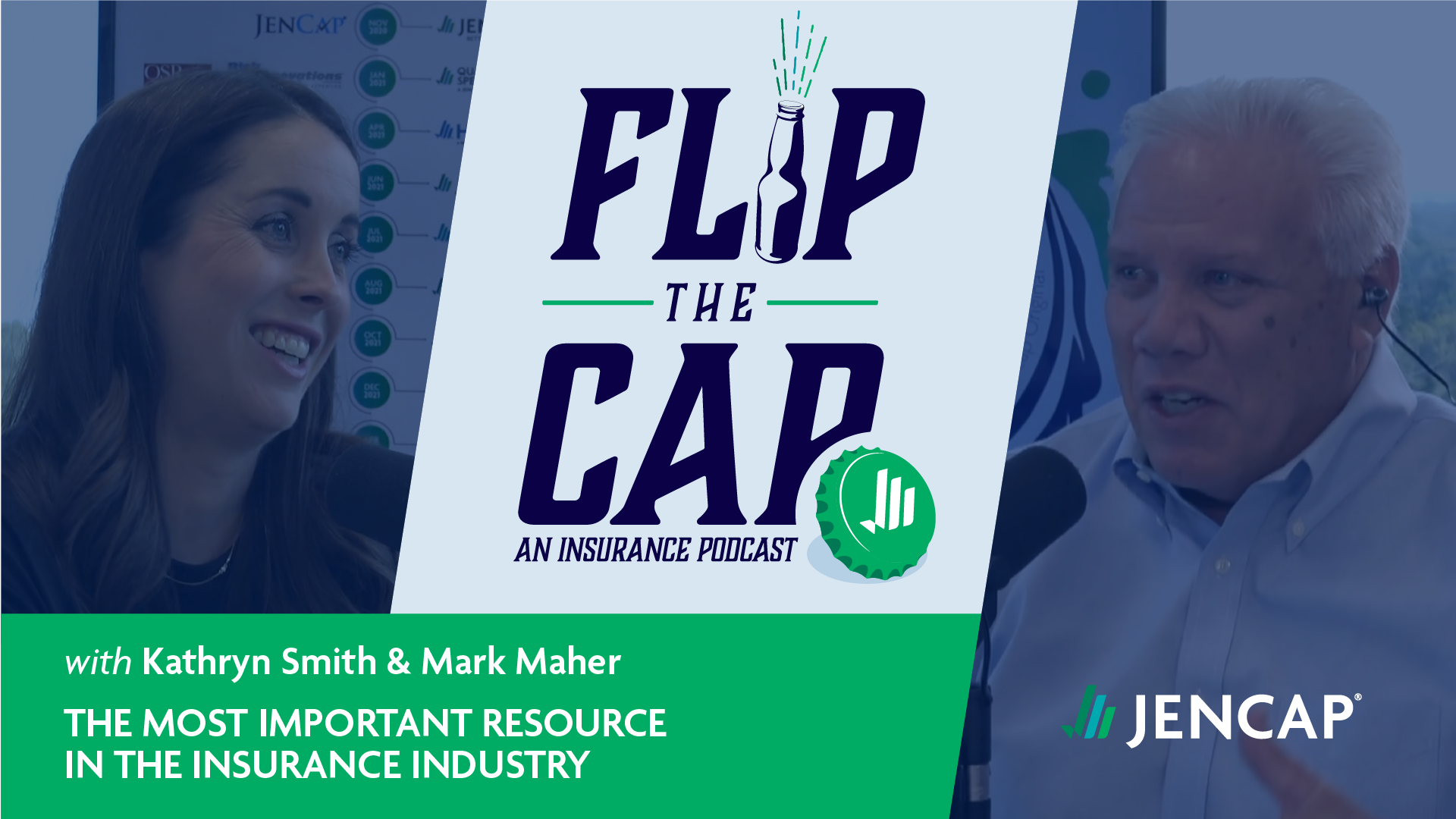What defines a navigable waterway? The answer depends on who you ask and which court decides. The legal definition of navigable waters is a shifting target, subject to changing interpretations, that can have significant consequences for industries operating near or on waterways. Baltimore Gas & Electric Co. v. Coastline Commercial Contracting, Inc. is the latest case to expose the tensions between state and federal jurisdiction, leaving businesses and insurers watching closely.
The Maritime Tort Case That’s Making Waves
In 2019, a 13,000-volt electric cable belonging to Baltimore Gas & Electric (BG&E) was damaged at the bottom of Eli Cove, a small inlet in Maryland. BG&E alleged that a barge operated by Coastline Commercial Contracting was responsible and sued for negligence, claiming that the case fell under federal admiralty jurisdiction.
Initially, the district court disagreed, dismissing the case on the grounds that Eli Cove did not meet the legal threshold for navigable waters — meaning it wasn’t significant for commercial navigation. However, the Fourth Circuit Court of Appeals reversed this decision, asserting that the lower court had applied the wrong standard. The appellate ruling determined that the incident could indeed impact maritime commerce, bringing the case back under federal admiralty jurisdiction.
Why It Matters for Insurance Professionals
Cases like this highlight the ongoing legal and regulatory uncertainty surrounding maritime risks. For businesses operating on or near water, liability exposure can depend on how courts interpret what is and what isn’t a navigable waterway. This shifting definition also affects insurance coverage requirements, such as the U.S. Longshore and Harbor Workers’ Compensation Act (USL&H). Many businesses like dock builders, bridge builders, marine contractors, freight handlers, and vendors delivering to ships may assume a standard Workers’ Compensation policy covers them. But if a claim falls under federal jurisdiction, the lack of USL&H coverage could leave them entirely uninsured. You have an opportunity to shed some light on risks for your clients.
Jencap: Your Expert in Maritime Risks
When water is part of the equation, coverage gaps can be costly — don’t let your clients get swept away by shifting legal definitions. Our experts, including Certified Marine Insurance Professionals (CMIP), specialize in identifying exposures and guiding agents through the complexities of maritime jurisdiction, USL&H coverage, and beyond. When in doubt, reach out. Contact Jencap today to learn how we can help you and your clients navigate these high-risk waters.

























